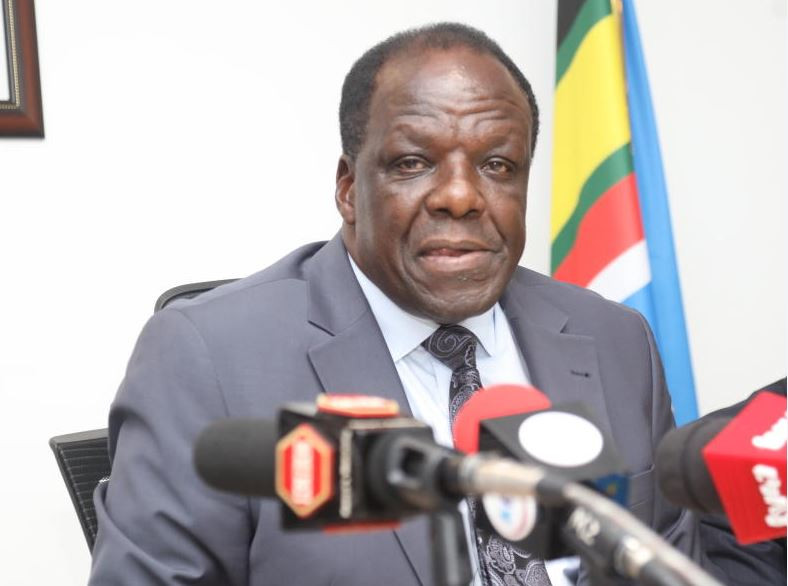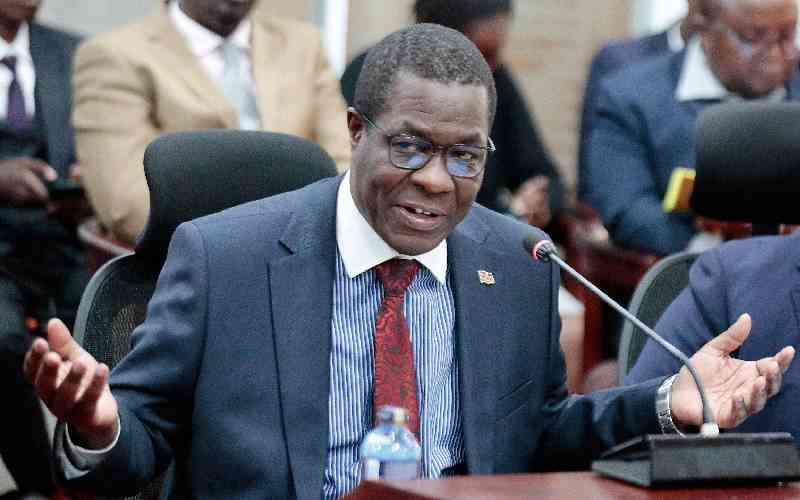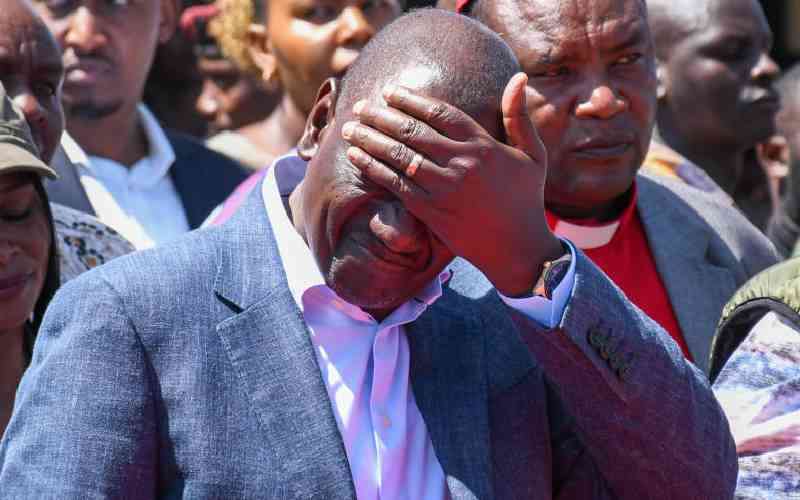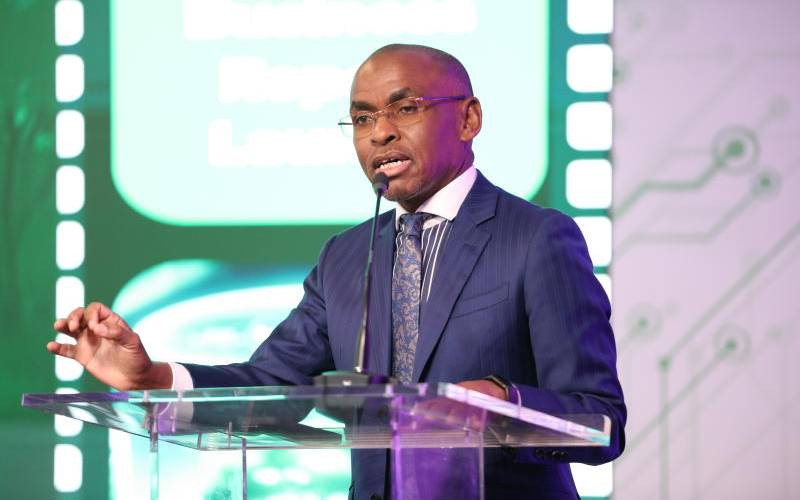
Every election cycle, the Church faces the same temptation — to retreat into prayer while the nation burns in propaganda. It blesses politicians, holds peace meetings and prays for calm, all while avoiding the harder work of moral formation. But a peaceful election without a righteous electorate is only a delayed crisis. The Church must go beyond praying for credible polls to preparing credible people.
A “new” voter is not born in a polling station but in a pulpit. They emerge where truth is taught without fear and conscience is formed without compromise. Renewal begins long before registration and continues long after results. To form new voters, the Church must first renew the mind, sanctify the conscience and model integrity — for people vote the culture they see.
The Church must preach civic responsibility as a discipleship issue, not just a civic one. Voting is not merely a constitutional right but a moral calling — an act of obedience to the God of justice. A transformed voter is first a transformed thinker. When believers understand that their faith demands civic engagement guided by righteousness, voting stops being a transaction and becomes an act of worship.
But renewal is never complete without rejection. The Church cannot make new voters while blessing the old order. The pulpits that once thundered against sin have grown quiet before the idols of our age — tribe, money, fear, and personality. You cannot be new while still worshiping the old gods. Like Gideon, we must tear down familiar altars before building new ones (Judges 6:25–26). The Church must boldly call corruption, deceit, and manipulation what they are — sin, not “strategy.” When pastors start calling corruption by its proper name, voters will begin treating it as a disqualification, not a career path.
Mammon must also be shamed for the competitor it is. No rival has challenged God’s authority in the human heart more fiercely than money. The Church must resist the temptation to bow before it, whether it comes disguised as campaign donations or development promises. It must stop trading its moral capital for political favors. When the Church rejects politicians money, it reclaims its power to challenge them.
Courage, not caution, must be the new liturgy of leadership. The Church must forget the favors of the past and not be intimidated by past failures. It must stand tall before politicians who expect it to kneel. Prophets are not meant to flatter kings. The moral voice of the Church is not earned by access to power but by resistance to its abuse. A prophetic Church must refuse the illusion that neutrality is holiness. To remain silent while evil thrives is not peacekeeping — it is participation.
That prophetic dimension must now be reclaimed. The Church must speak truth to power with humility but without hesitation. The pulpit should not echo the palace. When rulers plunder public resources, when truth is buried under sponsored narratives, and when citizens are treated as expendable, the Church’s silence becomes sin. It must name injustice in the streets as boldly as it names sin in the sanctuary.
And priests must not silence themselves because they are imperfect. The fact that they are morally wanting should not excuse withdrawal. “Thus says the Lord” does not exclude the proclaimer. Prophets, too, are part of the audience of their message. To retreat in fear of being called hypocrites is to leave the moral space to manipulators.
But truth alone is not enough; the Church must also nurture discernment. Teaching people what to reject is half the task — we must also teach them what to embrace. Our fellowships and youth ministries should become classrooms of conscience where young believers learn what character looks like in leadership and what justice means in policy. The Church that only prays for good leaders but never prepares discerning voters is failing both heaven and earth.
The new voter must also see a new kind of Church — one that practices the integrity it preaches. Our internal governance should model transparency, accountability and service. People vote the culture they see. When Church boards mimic the secrecy and arrogance of political offices, our message collapses under its own weight. Renewal begins within before it spreads without. The Church that governs itself justly will preach justice with credibility.
Yet one of the greatest tests before us is generational. The Church must become the loudest advocate for Gen Z — the nation’s most restless conscience. Their protests, pain and persistence must not be wasted. The government may ignore them, but the Church must not. We must remember their dead, honor their courage, and amplify their cry for a better country.
A new voter is not defined by age but by conscience. It is one who votes beyond tribe, bribe and fear. The Church’s mission is to produce such voters — those who understand that faith is not an escape from responsibility but the engine of it. It means raising believers who see voting as a holy duty and leadership as a sacred trust.
In that renewal, the Church must not shy away from naming and commending leaders of integrity. This is not partisanship; it is pastoral duty. When the Church points out men and women who embody humility, honesty and justice, it redefines leadership as service.
The future of Kenya’s democracy will not be built by slogans but by sanctuaries — places where truth is preached, character is honored, and conscience is formed. Every sermon, every Bible study, every youth meeting can be a voter education class in disguise. For when the Church takes discipleship seriously, it produces citizens who cannot be bought, bullied, or blinded.
We do not need more voters; we need new ones — those who think, pray and choose with integrity. Renewal begins in the sanctuary long before it shows up at the ballot box. The Church must once again lead the nation not by endorsing candidates, but by awakening consciences. For when the pulpit regains its moral fire, the polling station will regain its dignity.
Stay informed. Subscribe to our newsletter







